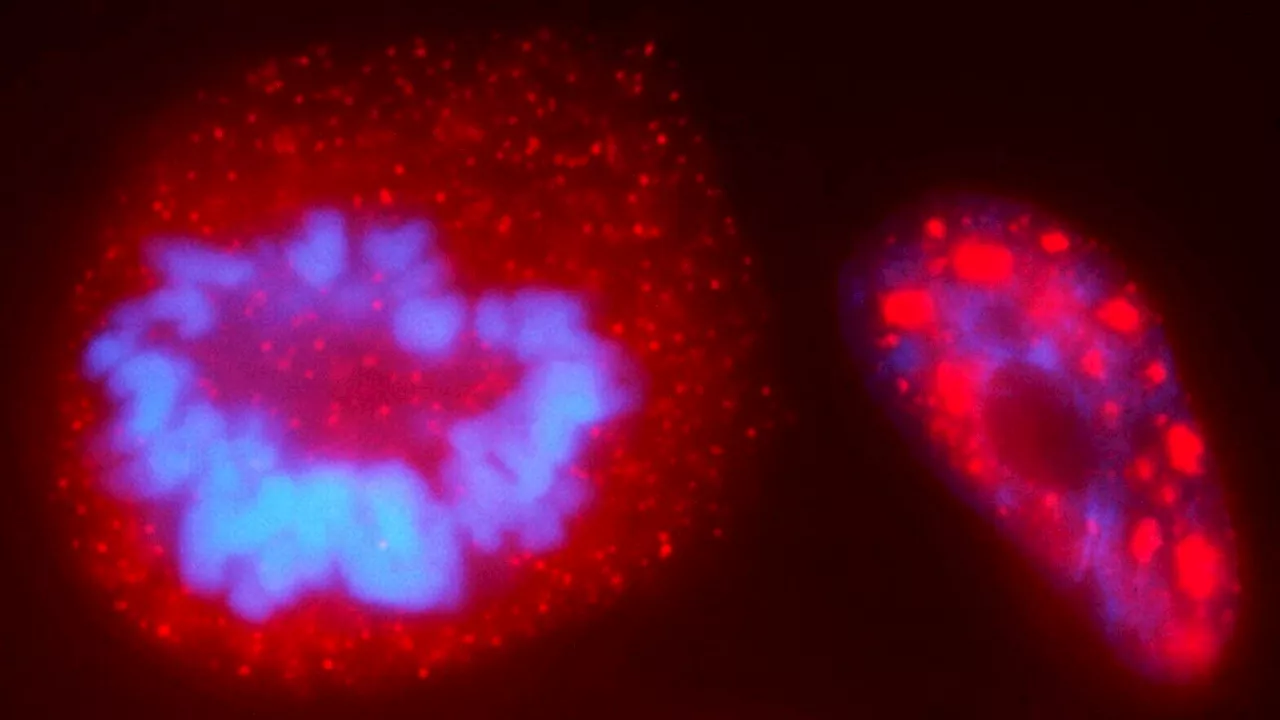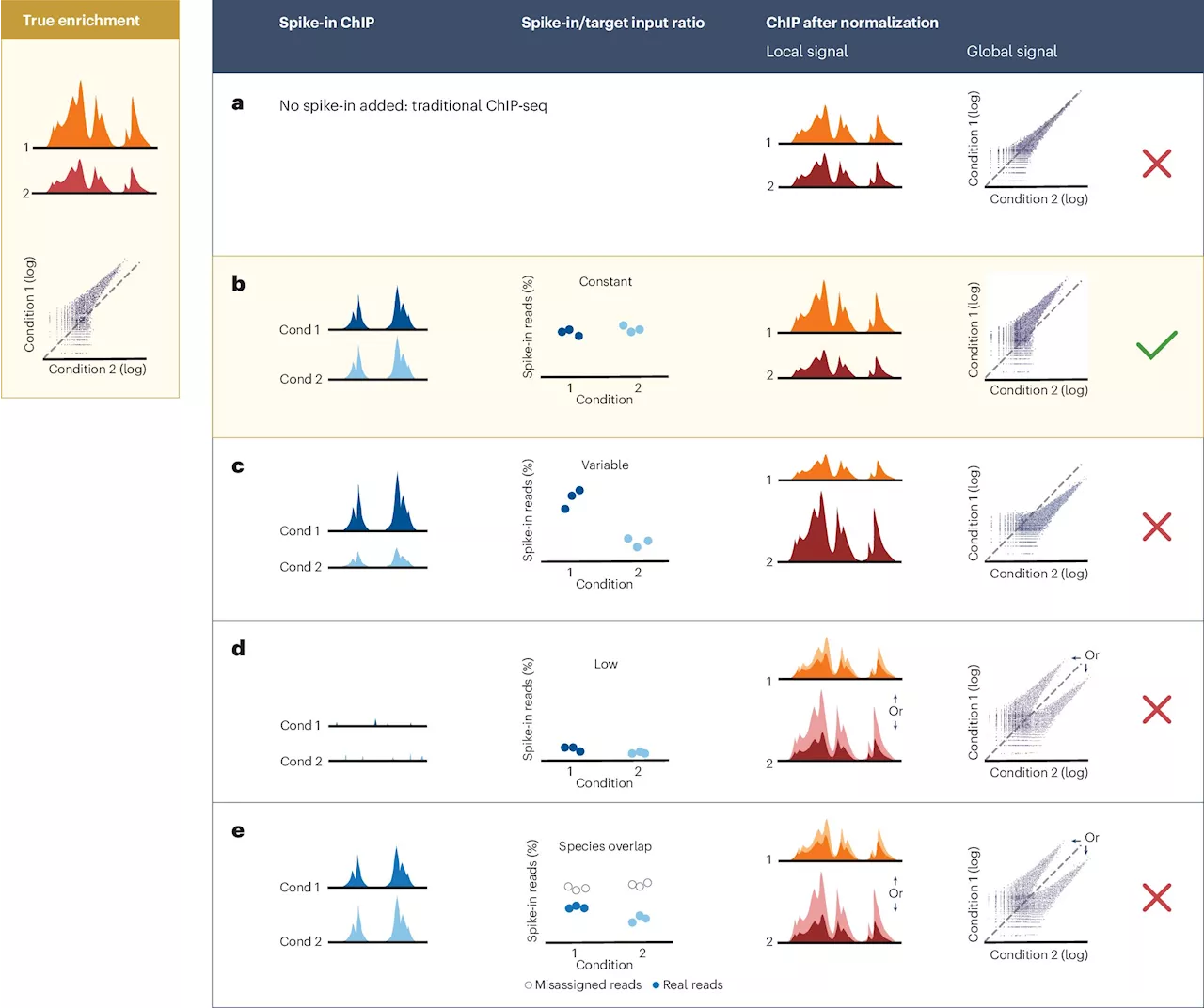Researchers tracked the health of nearly one thousand mice on a variety of diets to see if these diets would extend the mice's lifespan. The study was designed to ensure that each mouse was genetically distinct, which allowed the team to better represent the genetic diversity of the human population.
Researchers tracked the health of nearly one thousand mice on a variety of diets to see if these diets would extend the mice's lifespan. The study was designed to ensure that each mouse was genetically distinct, which allowed the team to better represent the genetic diversity of the human population. By doing so, the results are made more clinically relevant, elevating the study to one of the most significant investigations into aging and lifespan to date.
The study concluded that eating fewer calories had a greater impact on lifespan than periodic fasting, revealing that very-low-calorie diets generally extended the mice's lifespan regardless of their body fat or glucose levels -- both typically seen as markers of metabolic health and aging. Surprisingly, the mice that lived the longest on the restrictive diets were those that lost the least weight despite eating less.
Overall, mice on unrestricted diets lived for an average of 25 months, those on the intermittent fasting diets lived for an average of 28 months, those eating 80% of baseline lived for an average of 30 months, and those eating 60% of baseline lived for 34 months. But within each group, the range of lifespans was wide; mice eating the fewest calories, for example, had lifespans ranging from a few months to four and a half years.
The study also cast doubt on traditional ideas about why certain diets can extend life in the first place. For example, factors like weight, body fat percentages, blood glucose levels and body temperature did not explain the link between cutting calories and living a longer life. Instead, the study found that immune system health and traits related to red blood cells were more clearly connected to lifespan.
Obesity Healthy Aging Fitness Mice Food Biotechnology And Bioengineering Genetically Modified
United States Latest News, United States Headlines
Similar News:You can also read news stories similar to this one that we have collected from other news sources.
 Researchers bend DNA strands with light, revealing a new way to study the genomeWith the flick of a light, researchers have found a way to rearrange life's basic tapestry, bending DNA strands back on themselves to reveal the material nature of the genome.
Researchers bend DNA strands with light, revealing a new way to study the genomeWith the flick of a light, researchers have found a way to rearrange life's basic tapestry, bending DNA strands back on themselves to reveal the material nature of the genome.
Read more »
 Technique to study how proteins bind to DNA is easily misused: Researchers offer a solutionResearchers at University of California San Diego have published new guidelines that could help scientists significantly improve their results when quantifying the interactions between DNA and proteins.
Technique to study how proteins bind to DNA is easily misused: Researchers offer a solutionResearchers at University of California San Diego have published new guidelines that could help scientists significantly improve their results when quantifying the interactions between DNA and proteins.
Read more »
 Study looks at funded partnerships between nonprofit organizations and researchersA new study explores the impact of funded collaborations between nonprofit organizations and researchers, examining factors influencing success and identifying best practices.
Study looks at funded partnerships between nonprofit organizations and researchersA new study explores the impact of funded collaborations between nonprofit organizations and researchers, examining factors influencing success and identifying best practices.
Read more »
 Sea Surface Microlayer: Researchers Study Boundary Between The Ocean And The AirScientists are exploring the sea surface microlayer (SML), a thin film at the ocean's surface, to understand its role in biogeochemical processes, air-sea exchange, and marine ecosystems.
Sea Surface Microlayer: Researchers Study Boundary Between The Ocean And The AirScientists are exploring the sea surface microlayer (SML), a thin film at the ocean's surface, to understand its role in biogeochemical processes, air-sea exchange, and marine ecosystems.
Read more »
 Researchers publish breakthrough study on how new genes evolveFindings suggest that new genes can form by repurposing fragments of ancestral genes while incorporating entirely new coding regions (the protein-coding parts of the DNA).
Researchers publish breakthrough study on how new genes evolveFindings suggest that new genes can form by repurposing fragments of ancestral genes while incorporating entirely new coding regions (the protein-coding parts of the DNA).
Read more »
 'Marine identity' can help restore the ocean, say researchersPeople's deep connection with the ocean—their 'marine identity'—can help us reset society's relationship with the seas, new research led by Dr. Pamela Buchan, from the University of Exeter, suggests.
'Marine identity' can help restore the ocean, say researchersPeople's deep connection with the ocean—their 'marine identity'—can help us reset society's relationship with the seas, new research led by Dr. Pamela Buchan, from the University of Exeter, suggests.
Read more »
